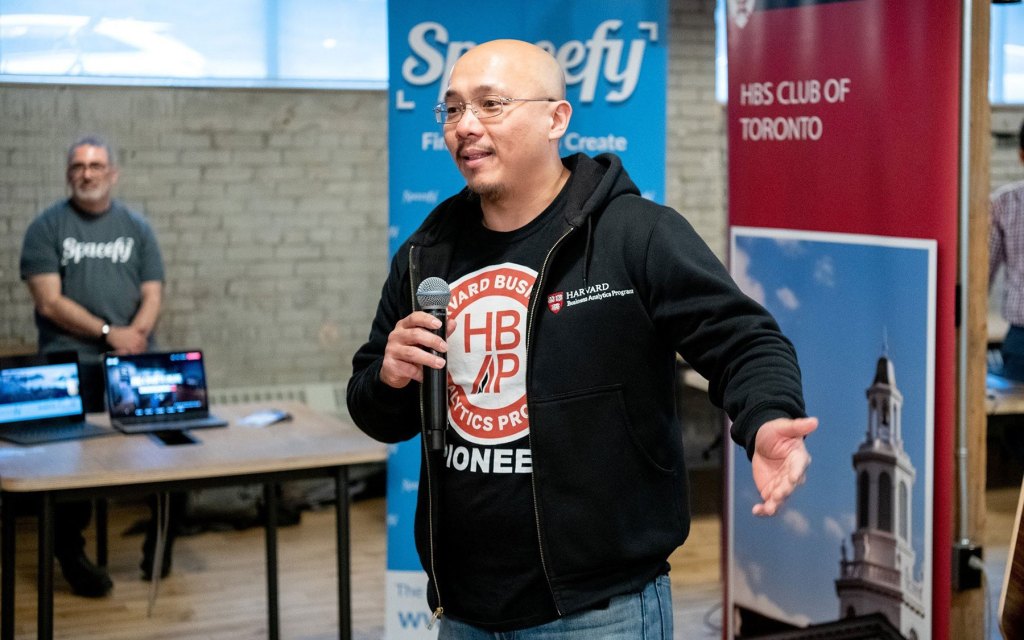
Employer-ready candidates understand how to confidently speak about their technical and transferable skills in ways that sell their professional value to employers. View a more detailed interview prep guide here.
Tell me about yourself.
Think about your past (previous experience and education), present (what you’re now doing professionally and how it’s preparing you for this role), and future (why you want the job you’re interviewing for).
Why are you interested in this field?
Discuss your motivation for entering the field of law and why you’re passionate about your specific interest area within the field of legal studies.
Which areas of law interest you the most?
What about the company’s focus in law and clients interests you and why? If you specialized in a particular area, discuss why you chose this field and what interests you most.
Sub questions that depend on your specialization or interest area:
- What currency cybersecurity trends interest you as they pertain to law and governance?
- What about privacy law interests you?
- Tell us about your interest in the intersection of business and law.
- Why are you interested in how the law pertains to the healthcare field?
Note: There is not a right or wrong answer to these questions. The employer is trying to understand your interest and passion for the particular sub field of legal studies that you’re interviewing for.
What legal tasks have you been responsible for in a previous or current position?
Lean into any professional or placement experience you have, highlighting your roles and any action steps you’ve taken. If you don’t have relevant experience, draw on your coursework to explain what you learned and your interests. Tailor your answer to this particular job.
Tell me about your approach to researching a legal issue.
Highlight your research and organization skills, emphasizing either professional or academic experiences.
Tell me about a time when you had to deal with a difficult client.
Discuss a situation where you worked with a challenging client, but focus on the action steps you took to resolve the issue. Use the STAR method (Situation, Task, Action, Result) to relay the story. Ideally, your scenario is in the legal field. However, if you don’t have a relevant example, use a scenario from a customer-centric role and rely on transferable skills that demonstrate your problem-solving ability.
What do you hope to accomplish in the legal studies field?
This question seeks your career goals. Share where you see yourself in 5-10 years, but make sure it aligns with experience you’ll obtain in this specific position at this organization.
What are your salary expectations?
Use a tool like salary.com to research an appropriate salary range for your location and the job title before interviewing but avoid giving a specific number. Inquire about the range and rely on your research to demonstrate your value.
Tell me about the most difficult case you’ve worked on.
Don’t be afraid to brag! Use the STAR method to tell the story and relay the steps you took to resolve the situation. If you don’t have a professional example, discuss a case you studied in class that interested you and why.
What would your colleagues or current supervisor say about you?
Emphasize your strengths and make sure they align with the job description!
Pro Tip: Don’t be afraid to answer a situational question if you’re new to the field and lack professional experience. If you don’t have legal employment experience, demonstrate what you’ve learned in your coursework and how you’ll apply that theory to practice. Whenever possible, use field placement experience (or previous customer-centric experience) to tell a story using the STAR framework for behavioral questions so you can provide details about your accomplishments.









